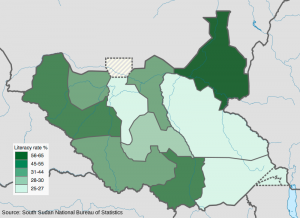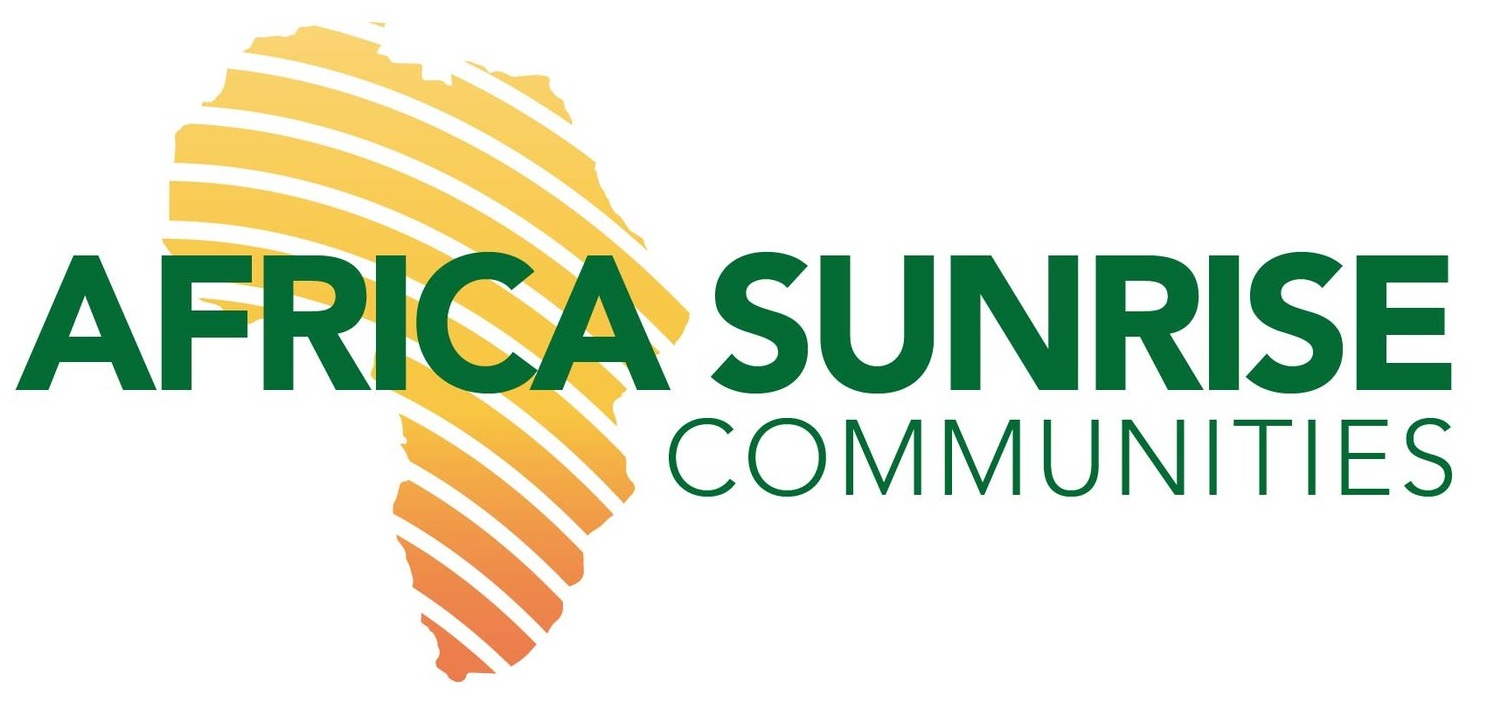Educational Trouble in South Sudan
 In the new nation of South Sudan, war has prevented fully one-half of the children from going to school.
In the new nation of South Sudan, war has prevented fully one-half of the children from going to school.Think about this for a moment. Imagine half the children in the state of Georgia not being able to go to school. (Both Georgia and South Sudan have a population of about 10 million.) What would happen if this scenario held true here in America? It may be hypothetical for Georgia, but it is very real in South Sudan. According to the United Nations’ Children’s agency, UNICEF, South Sudan has the highest proportion of children out of school of any country around the globe. If this happened in America, the government would declare an educational crisis in the state of Georgia, and every ordinary citizen in the country would do everything possible to change the situation.
Civil war between feuding tribes has been going on in South Sudan for years. Government forces have been battling rebels for the past two years. A peace treaty was signed last August, but the chances of its success are slim. Despite the peace agreement, violence persists in some areas. In the meantime, the children, the hope of South Sudan’s future, are not going to school. UNICEF has said that since the war broke out, more than 800 schools have been demolished and over 400,000 children have had to leave school.
Only 1 in 10 South Sudanese students who enter school finish their primary education, among a shortage of facilities and trained teachers, says Phuong T. Nguyen, UNICEF’s chief of education for South Sudan. “There is a very, very low budget from the government to the education sector. It is not holding steady and we see a decline." Even though enrollment originally went up from its less than 30% level after South Sudan became independent in 2011, the war and a lack of school buildings and qualified teachers have served to slow that growth.
Sending the younger generation to school is vital for the future of South Sudan and its citizens. At the same time it is imperative to provide the opportunity for the adults and their families to cultivate food for themselves through mini-gardening projects in the refugee camps.
That is what Africa Sunrise Communities is striving to do for the situation in South Sudan. Our organization, along with people of goodwill and good conscience, is working hard to eradicate the problems of long decades of civil war through education and through gardening projects. We work to raise funds for the refugee camps in Uganda, which provide refuge for those who have fled from South Sudan. Providing education and food to these people can help overcome long decades of neglect and can help bring back to the people the sense of dignity and pride that they have lost through so many years of being refugees.
Africa Sunrise Communities is dedicated to bringing change and hope through education and gardening projects in the South Sudanese refugee camps in Uganda. Our commitment is to give hope to this most vulnerable and destitute population, refugees and their children, who otherwise have no hope.
Gabriel Kwai.
